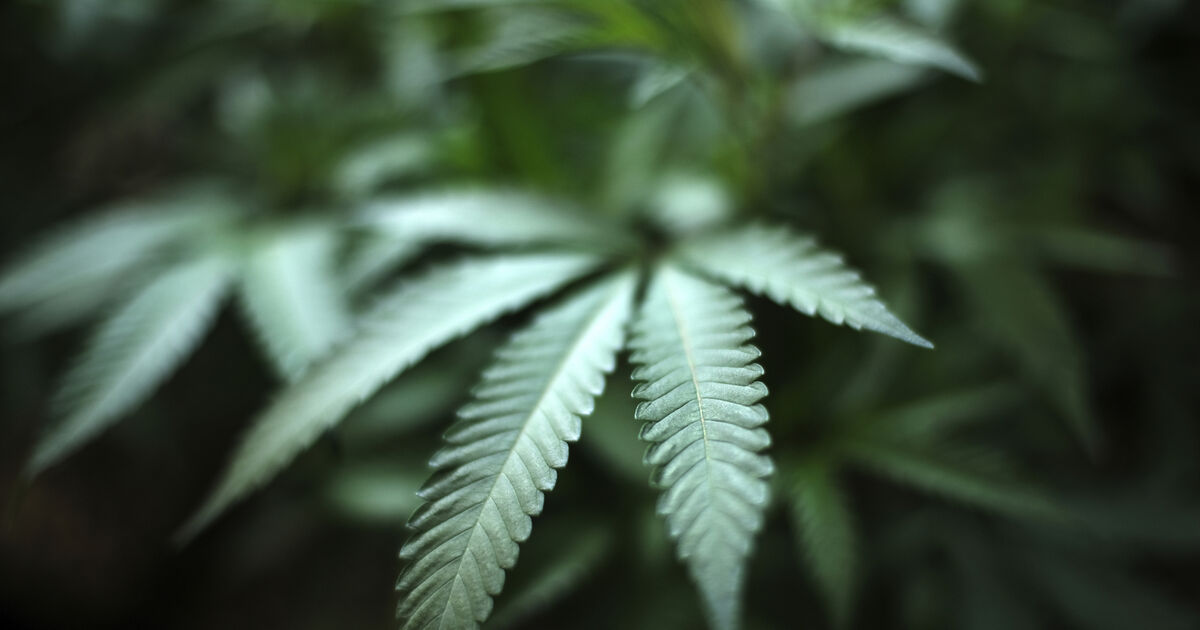The rise in hospitalisations linked to cannabis could be reduced if it were legalised for personal use, a Cork drugs campaigner has said.
Graham De Barra spoke after local and national media highlighted the increase in numbers receiving hospital treatment because of cannabis use.
Data provided to by the HSE last week showed 496 hospitalisations of people in Cork with mental and behavioural disorders linked to cannabinoids over the last five years.
The numbers are increasing, with 115 hospitalisations in 2023 compared to 76 in 2022. No data is available as to whether the cannabis products consumed were natural or synthetic.
Mr de Barra, of Help Not Harm, said, “You definitely have to discern between the two,” as the rise could be down to the increase of synthetic products, which can be more dangerous, studies show.
The Cork campaigner, who ran in the EU elections, told : “For the possession of naturally grown cannabis, as it stands, you face a prison sentence. There is no real amnesty for people to grow their own cannabis for medical or recreational purposes.”
“This prohibition and risk of prosecution definitely contributes to risk — people are forced to go to the black market, which is relying on imported synthetic cannabis, a new, emerging trend.
“Until Ireland addresses the legality and provides amnesty for people to cultivate their own plants, like Germany has done, this trend isn’t going to go away.” He said the 2024 EU drug report, released last week and made up of data submitted by member states to the European Drugs Agency, confirmed the trend towards synthetics.
The report states: “The availability of high-potency extracts and edibles is of particular concern and has been linked to acute drug-toxicity presentations in hospital emergency departments.”
The most commonly encountered semi-synthetic cannabinoid is hexahydrocannabinol (HHC), and “while knowledge of the effects of HHC in humans is limited, concerns have been raised as studies have emerged, including some reports of links to psychosis”, it says. “Some of the products available are in forms that may deliver high doses, raising concerns about the possibility of adverse health effects,” Mr De Barra said.
“One way to resolve that burden on emergency rooms would be an amnesty to cultivate your own plants, which they are piloting in Germany and the Netherlands. The pilot hypothesis is that the legal market will reduce the divergence to the black market.”
A HSE spokesperson told “Synthetic cannabinoids are man-made chemicals produced to mimic the effects of THC, the main psychoactive compound in cannabis.
“Their use has caused many serious poisonings, mass poisonings, and deaths internationally in recent years.”











